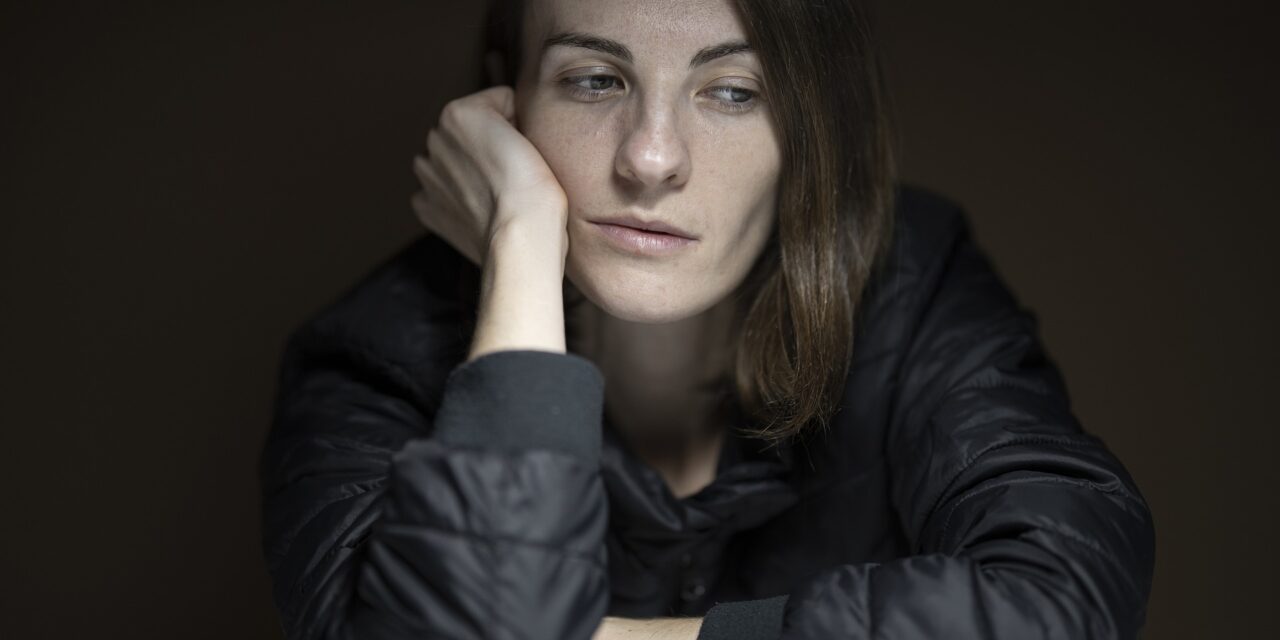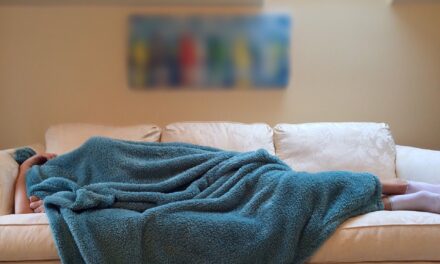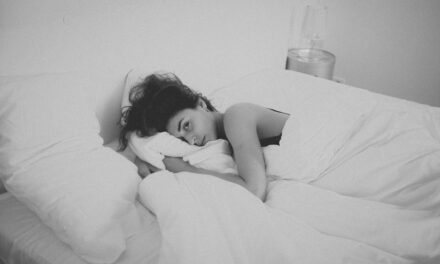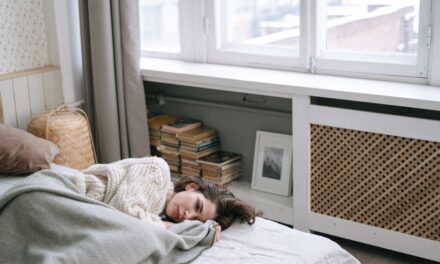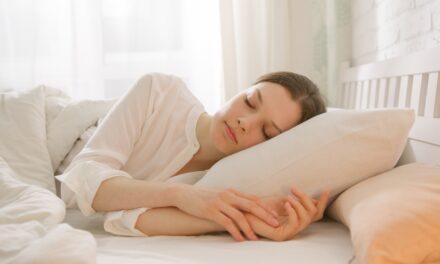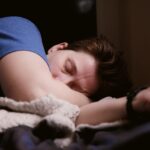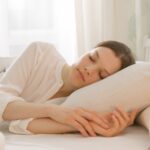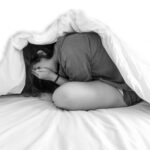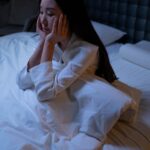Getting a full 8 hours of sleep at night is great, but it is also something that is often quite difficult. Even if you do manage to get a full 8 hours of sleep, the worst part is that you can still feel like you have barely slept regardless of this.
Unfortunately, there is no quick and easy fix when it comes to your sleeping, but there are a few different things that could explain why this is happening to you. Whether you simply need more rest than the average person, or you are inadvertently the cause of your own bad sleep, we are here to help you to understand your sleep better.
In this article, we are going to tell you everything that you need to know about why you still feel tired after getting 8 hours of sleep. This can help you to identify the problem and work towards solving it, hopefully allowing you to wake up feeling refreshed and well-rested in the morning.
What to expect from our article
Why Do You Still Feel Tired After Eight Hours Of Sleep?
There are lots of things that could explain why you are still feeling tired after 8 hours of sleep. It might be because you are waking up in the wrong phase of sleep, you are snoozing your alarm in the morning, or even that your bedroom environment itself is causing your problems. We are going to explain some of the most common reasons why you still feel tired after 8 hours of sleep below.
However, before we get into this, it is really important to understand how sleep works.
Unfortunately, getting a good night’s sleep is not as simple as sleeping for 8 hours and purchasing a good mattress. If you were to go to bed at 11pm and wake up at 7am, but you had someone waking you up for just a moment every hour, then you are not going to feel well-rested in the morning.
A good night’s sleep is about both getting enough sleep, but also sleeping in well-balanced sleeping phases. If you are not sleeping in full cycles or getting enough deep sleep, then you are likely to still feel tired in the morning, even if you got 8 hours of sleep.
Sleeping in Full Cycles
You may already know that for optimal rest, we need to get full sleep cycles. One full sleep cycle is between 90 and 110 minutes, which can vary slightly for each individual. To make sure that you are sleeping in full cycles, you should try to plan your sleep schedule to complete 4 or 5 full sleep cycles.
If you were to set your alarm to wake you up in the morning halfway through a sleep cycle, you are going to feel more tired than usual in the morning. However, if you time it so that you wake up at the end of a sleep cycle, you will feel like you have had more rest.
The Phases of Sleep
There are two basic phases of sleep, which are non-REM, and REM. For those that don’t know, REM stands for Rapid Eye Movement. We will explain both of these phases of sleep below.
Non REM Sleep
Stage 1 – Your eyes will be closed and moving slowly from side to side. Your muscles will be relaxed, and it is still easy to wake you up in this stage. This stage lasts for 5 to 10 minutes.
Stage 2 – Stage 2 is light sleep, where your heart rate slows down and your body temperature drops. Your body will be still and preparing for deep sleep. This stage can last for around 15 to 20 minutes. We typically spend around half of the night in light sleep, and you can be easily woken by something as simple as a door closing.
Stage 3 – This stage is deep sleep, where your brain slows down, and there is minimal brain activity. You will breathe more slowly, and your heart rate and blood pressure will decrease further. During deep sleep, your body will repair itself by regrowing tissue, shedding dead cells, replenishing the immune system, and building bone and muscle. Not getting enough deep sleep can cause issues.
REM Sleep
REM sleep is when the brain is still active, but your body is still. This is when we will dream, as your brain is getting rid of all of the information that you are exposed to during the day to refresh the neural pathways. You will spend around 20% of the night in REM sleep.
What Happens if You Don’t Get Enough Deep Sleep?
If you do not get enough deep sleep, you might find yourself with a new need to rethink and redesign your nightly, and maybe even daily, habits. There are some habits that you can avoid in the evening, like drinking caffeine, and exercising. However, it is a time-consuming challenge to find out what is causing your lack of sleep.
Why Do I Feel So Tired After Getting 8 Hours of Sleep?
There are some things that you might be doing that could explain why you are still feeling so tired, even after getting a full 8 hours of sleep. If any of the following apply to you, then you might want to change your habits.
Hitting the Snooze Button Multiple Times
If you are staying in bed for too long and pressing the snooze button multiple times, then this could explain why you are so tired in the morning. Making use of the snooze function is never a good idea. Each snooze is typically a few minutes long, which does not give your brain the time that it needs to get back into a deep and refreshing sleep.
So, for however long you are snoozing your alarm for, you are only getting broken and fragmented sleep. Instead, you should only set your alarm for the last minute before you need to get up. Getting up on your first alarm will make you feel a lot better in the morning.
Your Environment is Not Good for Sleep
There are lots of things in your bedroom that could be impacting your sleep. The temperature of the environment is something that is essential to your sleep quality, so you should try to make sure that it doesn’t get too hot or cold throughout the night.
You should also limit your blue light exposure at night, as blue light will keep Melatonin from being produced, and this is essential for good rest. You can put a blue light filter on certain devices, or get blue light filter glasses if you are someone that likes to watch TV before bed. You can also get filtering blue light bulbs for your room.
Your Bed Partner is Interrupting Your Sleep
If you sleep next to someone that snores, you could lose around an hour of sleep each night. There are lots of different methods to try to limit or prevent snoring, which are definitely worth checking out. It can also be helpful to go to bed at the same time as your partner, so you don’t affect each other’s sleep.
Food and Drink Can Affect Sleep
It might even be the case that you have eaten or drank something that is reducing the quality of your sleep. The two biggest culprits for this are alcohol and caffeine. Alcohol can make you feel sleepy, but it actually keeps you out of the deep stages of sleep, which can make you feel worse when you get up in the morning. Caffeine does the same thing, as the stimulant will keep your brain out of the deeper stages of sleep.
You should avoid caffeine after 2 o’clock in the afternoon, and avoid any alcohol at least 3 hours before you go to bed. Caffeine has a half life of 6 to 8 hours, so stopping at 2pm will ensure that by 10pm, it is out of your system. When it comes to alcohol, the average person will take 1 hour to metabolize 1 alcoholic beverage. So, if you had 3 glasses of wine with dinner and want to make sure it is out of your system before you go to bed, you should leave 3 hours in between.
Sleeping Disorders
For some people, there is nothing that you can do to help your sleep, and if you feel like you have been trying everything possible for a really long time, then it might be worth talking to a medical professional about it. Some people could suffer from sleep disorders, and while the symptoms are often mild, there are lots of sleep disorders that can affect the quality of your sleep.
One of the more commonly known about sleep disorders is sleep apnoea, which affects more people than you might have thought. Although, there are many other sleep disorders like Narcolepsy, Insomnia, and Restless Legs Syndrome that are worth being aware of. Talking to a medical professional can help you to better understand the relationship between your health and your sleep.

